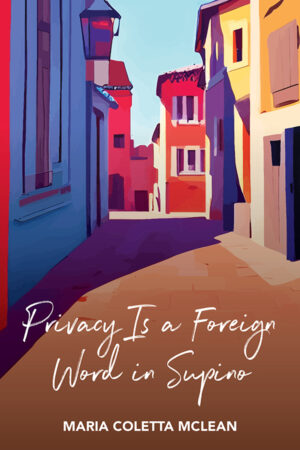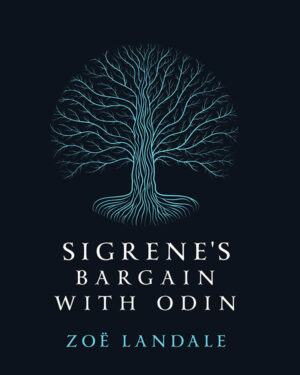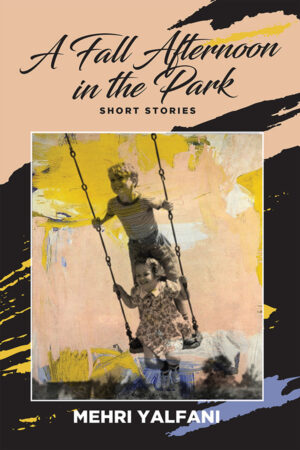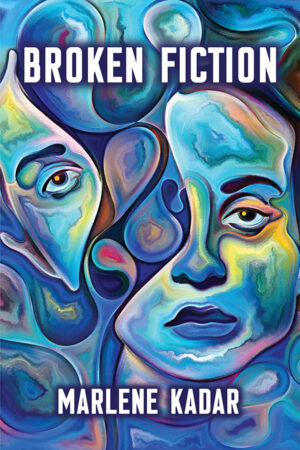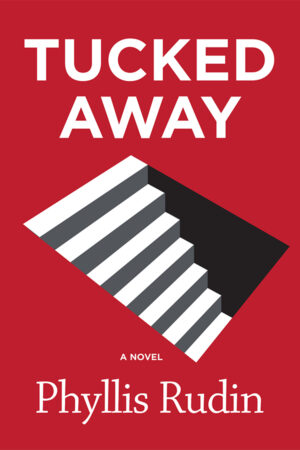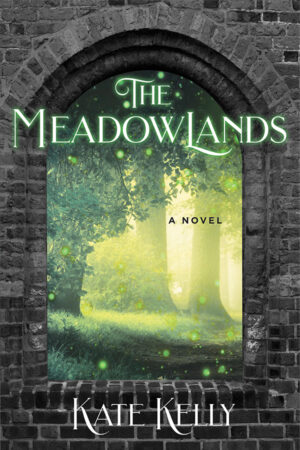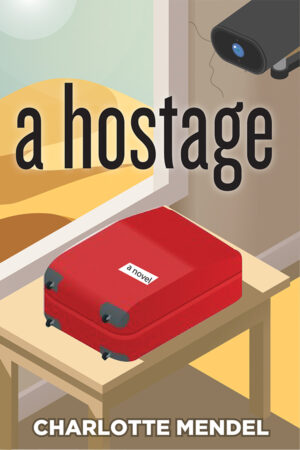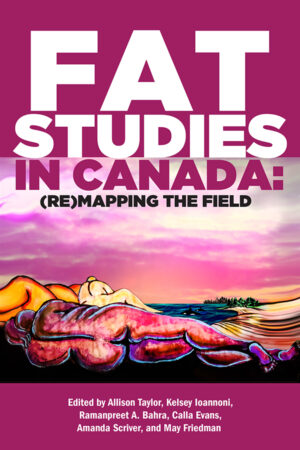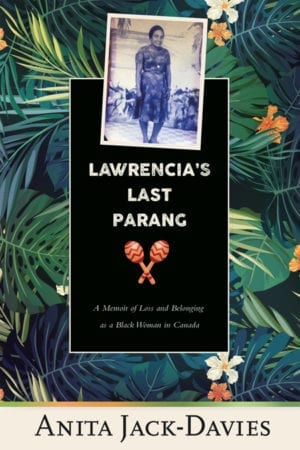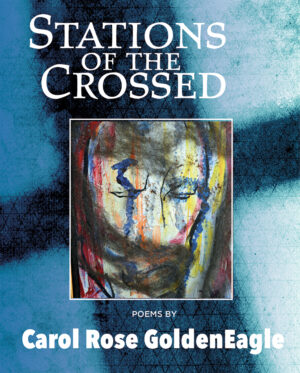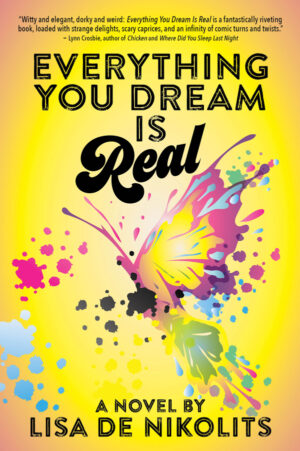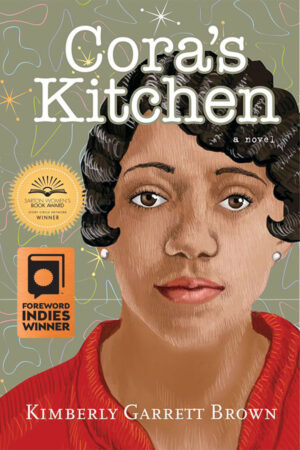Now Available!
Search Books
Welcome to Inanna Publications
As you browse our books, we hope you will find a multiplicity of voices, particularly fresh new Canadian voices, that speak to your heart and tell truths about the lives of the broad spectrum and endless diversity of Canadian women.
Course Materials for Faculty Members:
Register to enjoy benefits for faculty members.
Peruse chapters from books suited to your teaching needs. Check the table of contents of any title that interests you, and articles that can be downloaded will have a link.
Discover books suitable for course adoption – and order examination copies direct from the publisher here.
Latest updates from our authors
A Man Shaken by a Bomb
Peg Tittle, author of "What Happened to Tom", writes about male authors and the question of women in literature. I picked up a sci-fi novel the other day at a used bookstore. The jacket said it was set after a nuclear...
Editing My Own Poetry
Joanna M. Weston, author of "A Bedroom of Searchlights", blogs about her writing process and editing her poetry.The last word may be the editor’s but the first editing belongs to the poet. From the moment of inspiration, through the act of writing the poem, to...
On Writing: Q & A
Inanna author Rhoda Rabinowitz Green's Q & A on being a writer and her writing process. What’s the best thing about being a writer? I don’t know that there is only one best thing. For me, there are many best things. Writing is both intellectually and emotionally...
Boy Books
Peg Tittle, author of What Happened to Tom, ponders boys books and the difficulty of girls seeing themselves in boys' literary worlds. Boy books. You're thinking The Boys' Book of Trains and The Hardy...
Women’s Fiction
Peg Tittle, author of What Happened to Tom?, ponders the definition of "women's fiction", women writers, conflicting definitions of fiction, and under-representation / misrepresentation of writers in the publishing world. ...
Helen Weinzweig and Magic Realism
Rhoda Rabinowitz Green, author of "Aspects of Nature", writes about how Helen Weinzweig used magic realism to transport her feelings of trauma and pain into language the reader could emotionally grasp.My most important problem was destroyingthe lines of demarcation...

